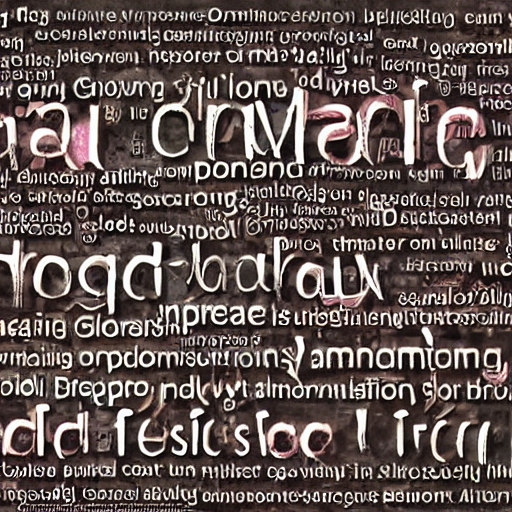Top educational administrators in the United Kingdom are taking matters into their own hands by creating an advisory board on artificial intelligence and warning that the risks of the technology constitute the “greatest threat” to schools.
According to Education Secretary Gillian Keegan, artificial intelligence (AI) has the potential to “transform” the way that the United Kingdom approaches education. She claimed that the technology might eliminate the “heavy lifting” that teachers currently perform on a daily basis, such as creating lesson plans.
Students all over the world have reported using ChatGPT since it was released last year to help with academic work, such as for term paper research.
This month, eight educators wrote a letter to The Times of London expressing concern that, despite the potential benefits of AI for students and teachers, the hazards associated with the technology are viewed as the “greatest threat” to educational institutions.
As leaders in state and independent schools, they see AI as both the biggest danger and the greatest opportunity for the students, teachers, and institutions. Schools are perplexed by the extremely rapid rate of development in AI and seek reliable counsel on the best course of action.
The instructors, who included the heads of prep schools like Epsom College, Magdalen College School, and Wellington College, claimed that schools are perplexed by the extremely rapid rate of development in AI and lack a sounding board to manage it.
They don’t have any confidence that the big digital businesses will be able to self-regulate in the best interests of the kids, faculty, and institutions. The instructors wrote that they are happy that Prime Minister Rishi Sunak has stated that “guardrails” on artificial intelligence ought to be put in place, but that historically the government has not demonstrated that it is capable of or willing to do so.
They said that the development of AI is happening too quickly for local authorities to provide the real-time advice schools need, so they devised an advisory board as their own solution.
As a result, they announced today the creation of a cross-sector group of influential teachers in their schools, led by a panel of outside digital and AI experts, to advise schools on which advancements in AI are most likely to be positive and which are most likely to be negative.
The letter’s author and president of Epsom College, Anthony Seldon, told that while AI may represent the printing press for this generation, its perils are more serious than any threat that has ever faced schools.
People startle easily and become like rabbit in headlights. Things are changing every week. The use of technology for [children’s] learning, stimulation, and care is deeply concerning. Seldon stated at a meeting for school leaders this month that relationships and human contact are the foundation of mental wellness.
He continued by expressing fear that young people who spend so much time engaging with augmented reality and virtual reality will become disconnected from reality.
Their understanding of what is real and what is normal, what is true and false, would gradually dissolve as learning gets more technical, he predicted.
According to U.S. surveys, younger generations use ChatGPT and other AI systems more frequently than older ones. College students say they use the platform primarily for English school work, followed by mathematics and social science, and that they use it more frequently than earlier generations. Gen Z, those born between 1997 and 2013, reported using the technology more frequently than older generations.
Due to worries about cheating and false information, public school systems like New York City Public Schools and the Los Angeles Unified School District earlier this year limited the use of ChatGPT in K–12 classrooms.
ChatGPT is trained by saving text from the internet and referencing it when responding to people. Students who use technology for classwork run the risk of receiving incorrect information — the system has been known to “hallucinate” and provide answers that seem accurate but aren’t — and even plagiarism.
A group of instructors in the UK is preparing to launch a website with advice for teachers on whether to adopt or reject AI technologies, under the direction of 15 science or technology educators.








